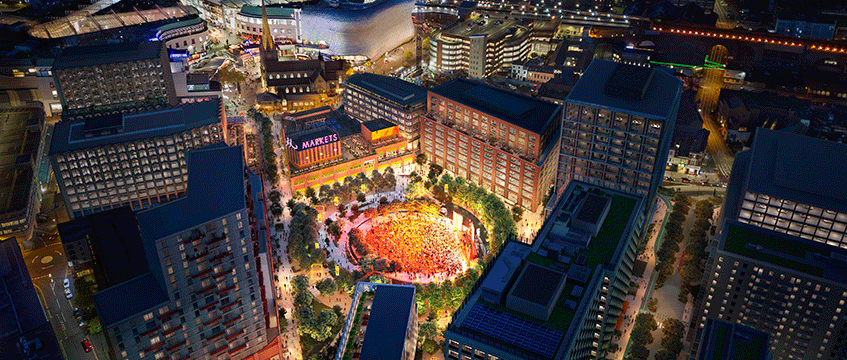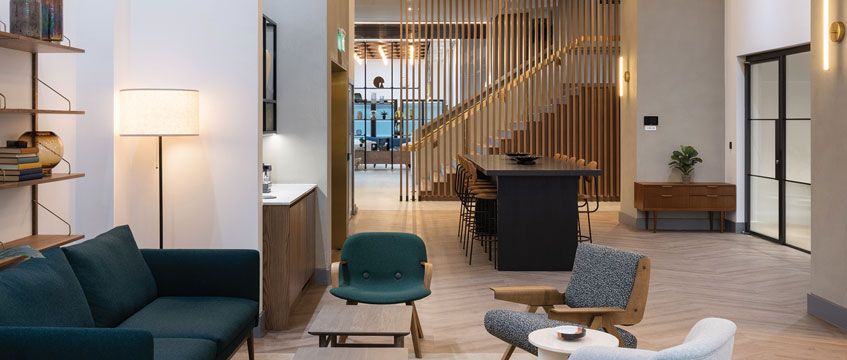EDITOR’S COMMENT: One year on from that first stay-at-home order from prime minister Boris Johnson and so little, yet so much, has changed. Individually we are all probably sat in the same position, staring at the same screen, ready to jump into what we hope will be our last Zoom or Teams call rather than our first.
But what a year it has been for the real estate industry. A year of leaps forward, but also of crushing falls backwards.
Nobody could have predicted that we would have seen a green light from government allowing any tenant, no matter how well funded it is, to refuse to pay rent for more than a year. The move has failed to show any understanding of the real estate sector, or of its ability to do the right thing.
Many property owners were (and are) helping out those customers that they know cannot afford to pay. But by allowing those that can pay – and we all know who they are – to side-step their legal obligations is akin to castrating the landlord community.
That green light by the government to not pay rent has seen even more abuse of the CVA system. The outcome of landlords’ high court challenge to New Look’s use of the system to bring about a permanent change to its operating model will be telling. Has there been a universal shift in power to the tenant during the past 12 months? What will this mean as the 1954 Act gets re-examined?
It has been a period of acceleration, too.
The shift to online shopping has accelerated and many high street names have disappeared. But the high street (and retail) is far from dead. It will return. We all want to have real-life experiences again. So those that have learnt through lockdown about how to really delight customers, through every channel, will thrive once we get back into the big, wide world.
We’ve also accelerated our ability to be flexible. And real estate should be a big winner from that. It has the power and the opportunity to create spaces that we want to work in. Some might be offices, some might be shops, hotels, restaurants or residential schemes. Some might even be the places between buildings. We’ve learnt so much about how people work and how they want to live. That can only be an opportunity for growth.
We’ve seen alternative asset classes get their moment in the limelight. BTR is no longer niche; it’s a real estate powerhouse. And data centres and life sciences are now firm favourites on investors’ wish lists. We’ve been forced to adopt tech solutions and learnt not to be afraid of automation but embrace how it can enable us to do better, do more, and make more money.
And we’ve lifted ESG right to the top of corporate agendas, weaving it into the very fabric of the real estate industry. There is barely a reputable investor or developer in our industry today that isn’t taking positive action. Take LondonMetric as an example, which has become the latest in a growing list of firms linking its financing to its green agenda – giving itself both the carrot and the stick when it comes to doing right by the planet.
Twelve months ago, I wrote on this page that this was not the end of the world. That this was a global crisis, but it was also an opportunity to learn.
And we have. We have learnt that government still does not understand the business of real estate and that we have to work harder to enable it to see the value (economic and social) that the sector provides, but we have also learnt what’s important. We’ve learnt how to flex, pivot and prioritise.
And regardless of how long we stay in and out of lockdown, that is something to be cheerful about.
To send feedback, e-mail samantha.mcclary@egi.co.uk or tweet @samanthamcclary or @estatesgazette










